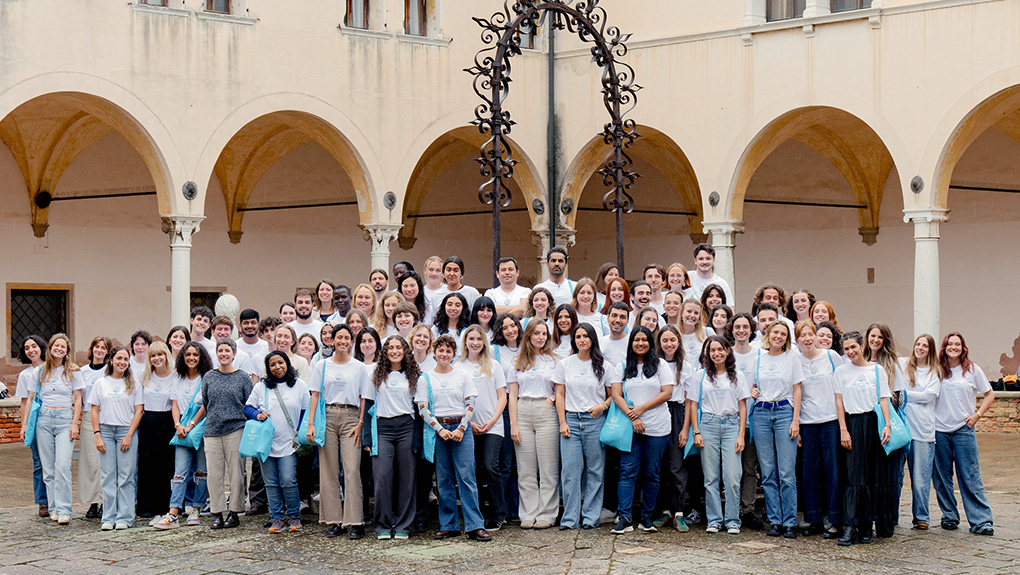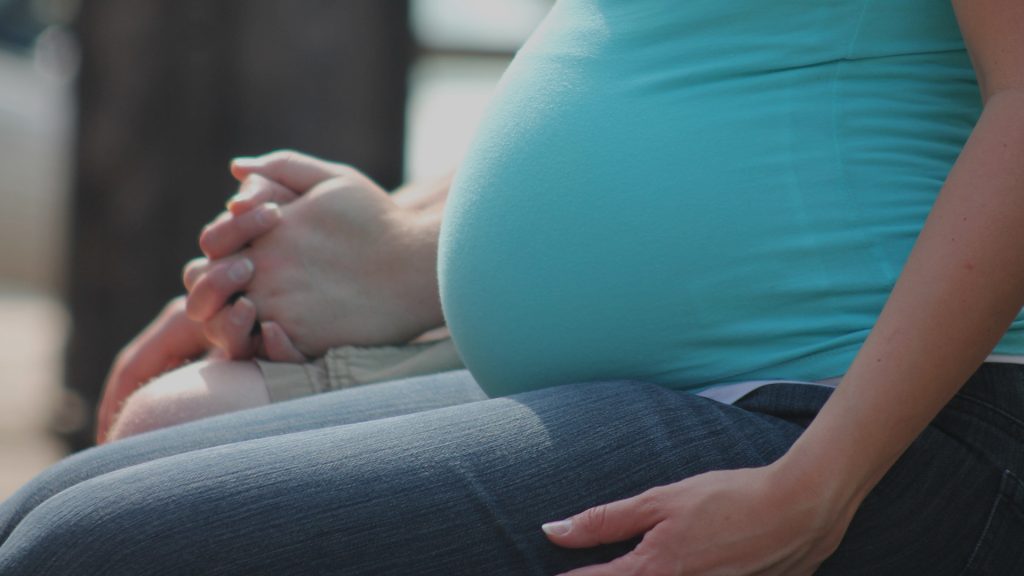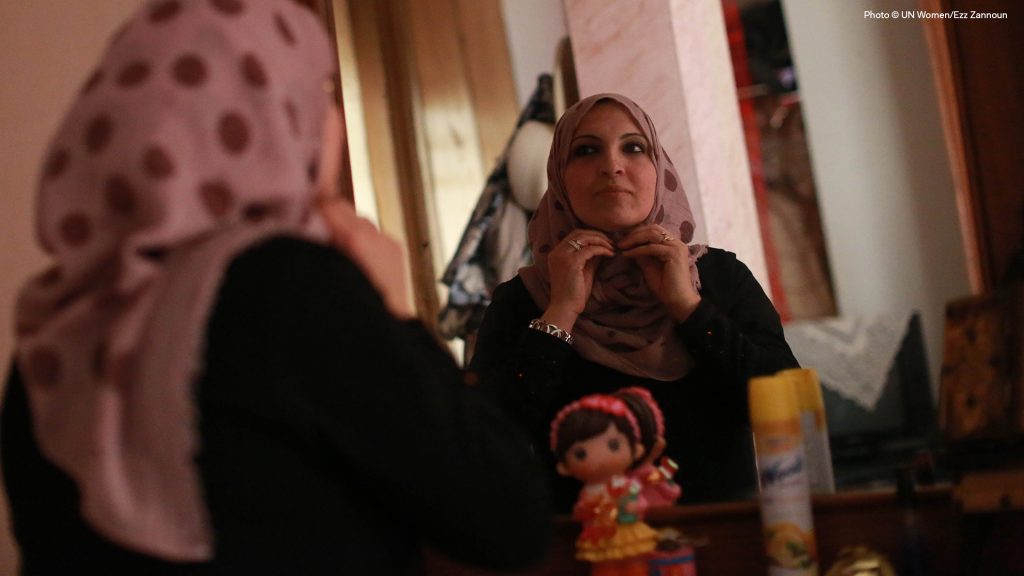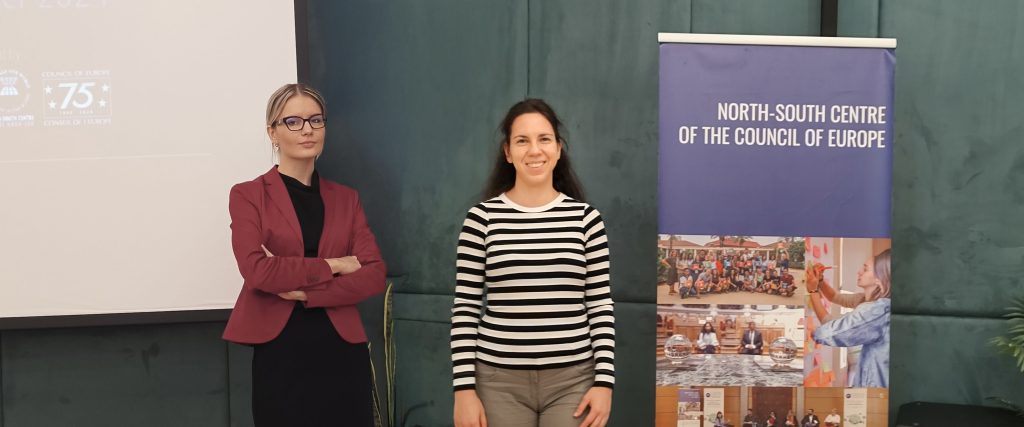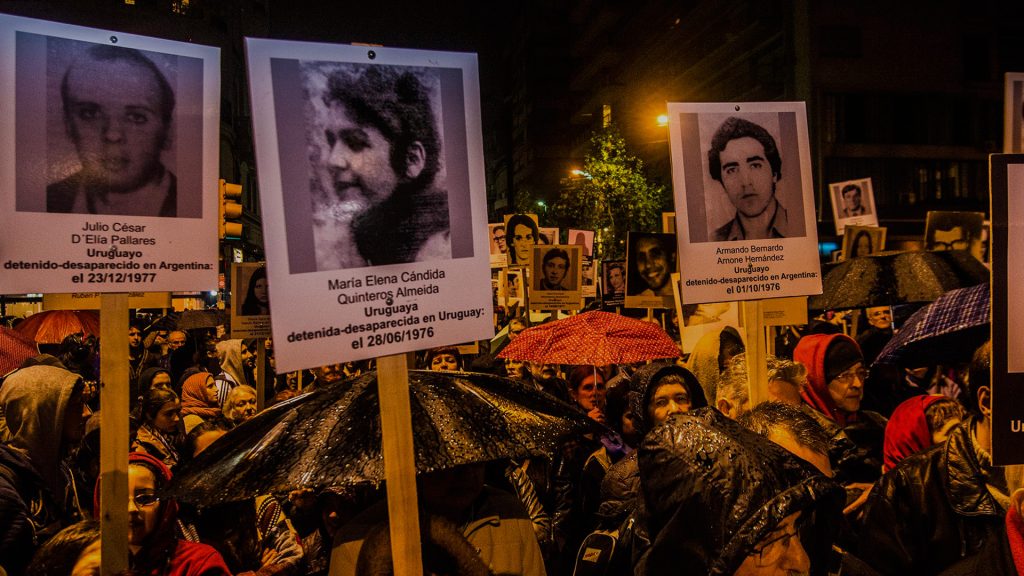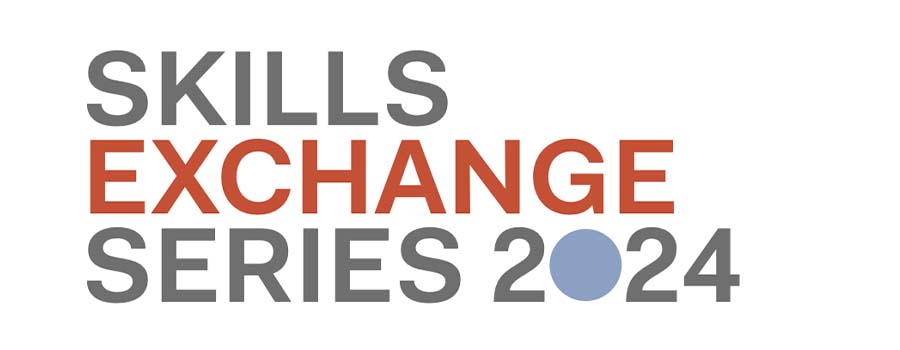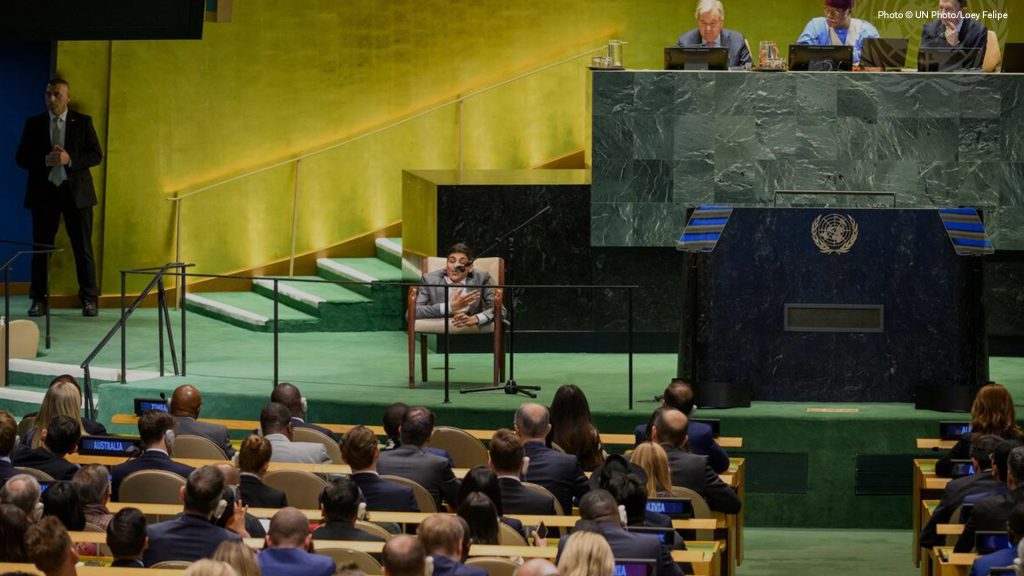EMA call for applications for the academic year 2025/2026
Admissions to the 2025/2026 edition of the European Master’s Programme in Human Rights and Democratisation are open! Application deadlines: 2 February 2025 The European Master’s Programme in Human Rights and Democratisation (EMA) is one of the eight Regional Master’s Programmes organised by the Global Campus of Human Rights. EMA was created with the support of the European […]
EMA call for applications for the academic year 2025/2026 Read More »
